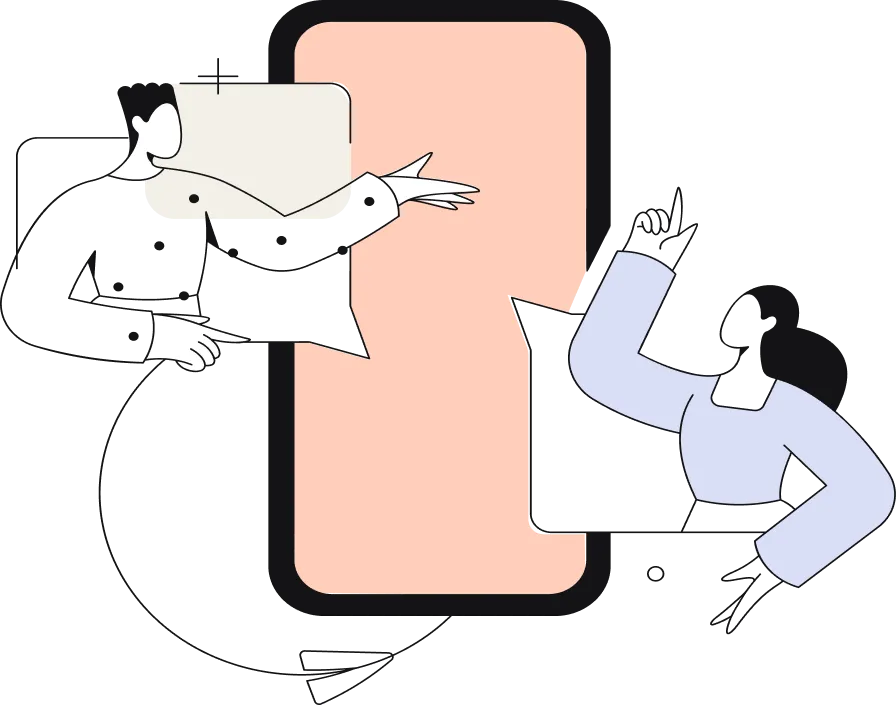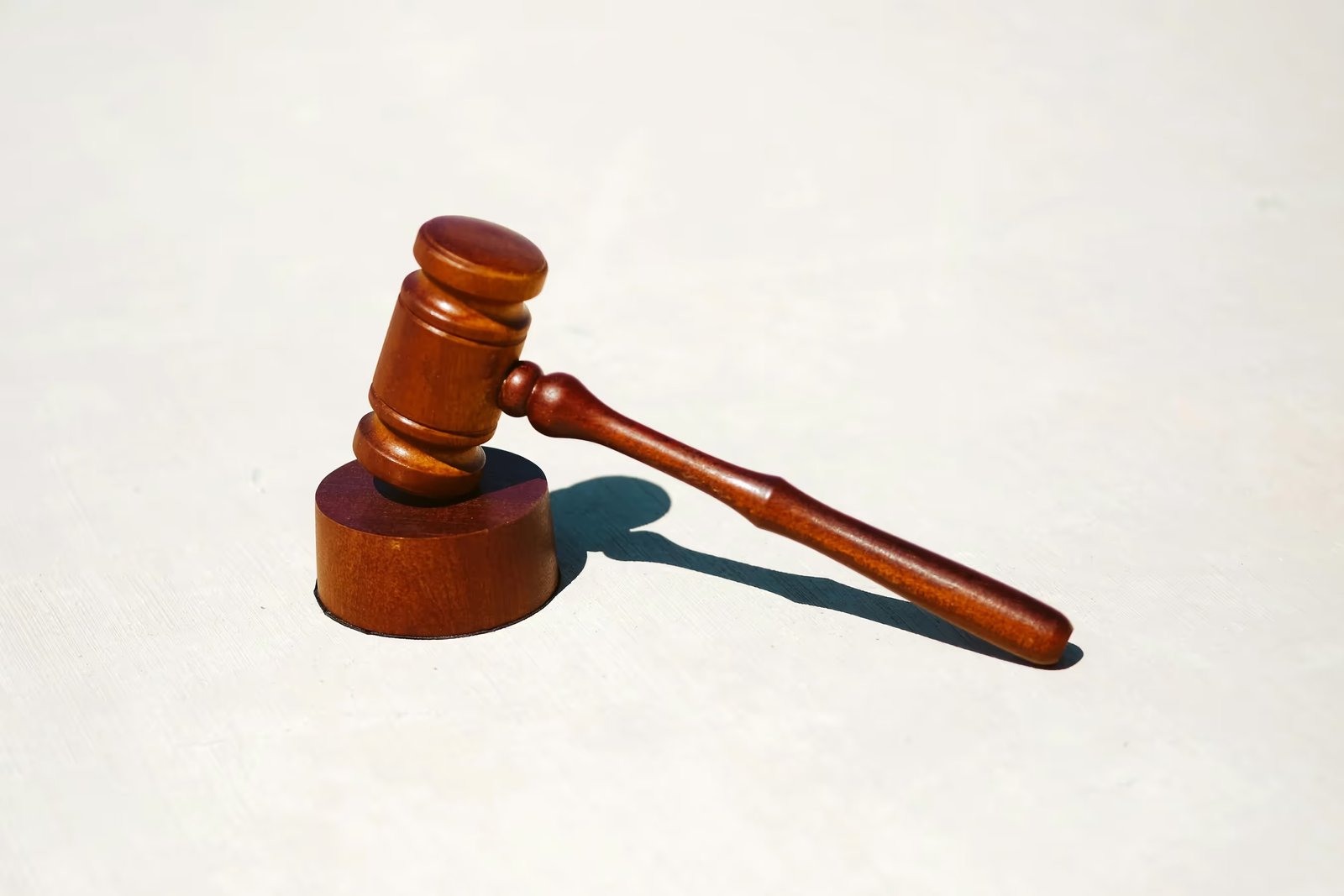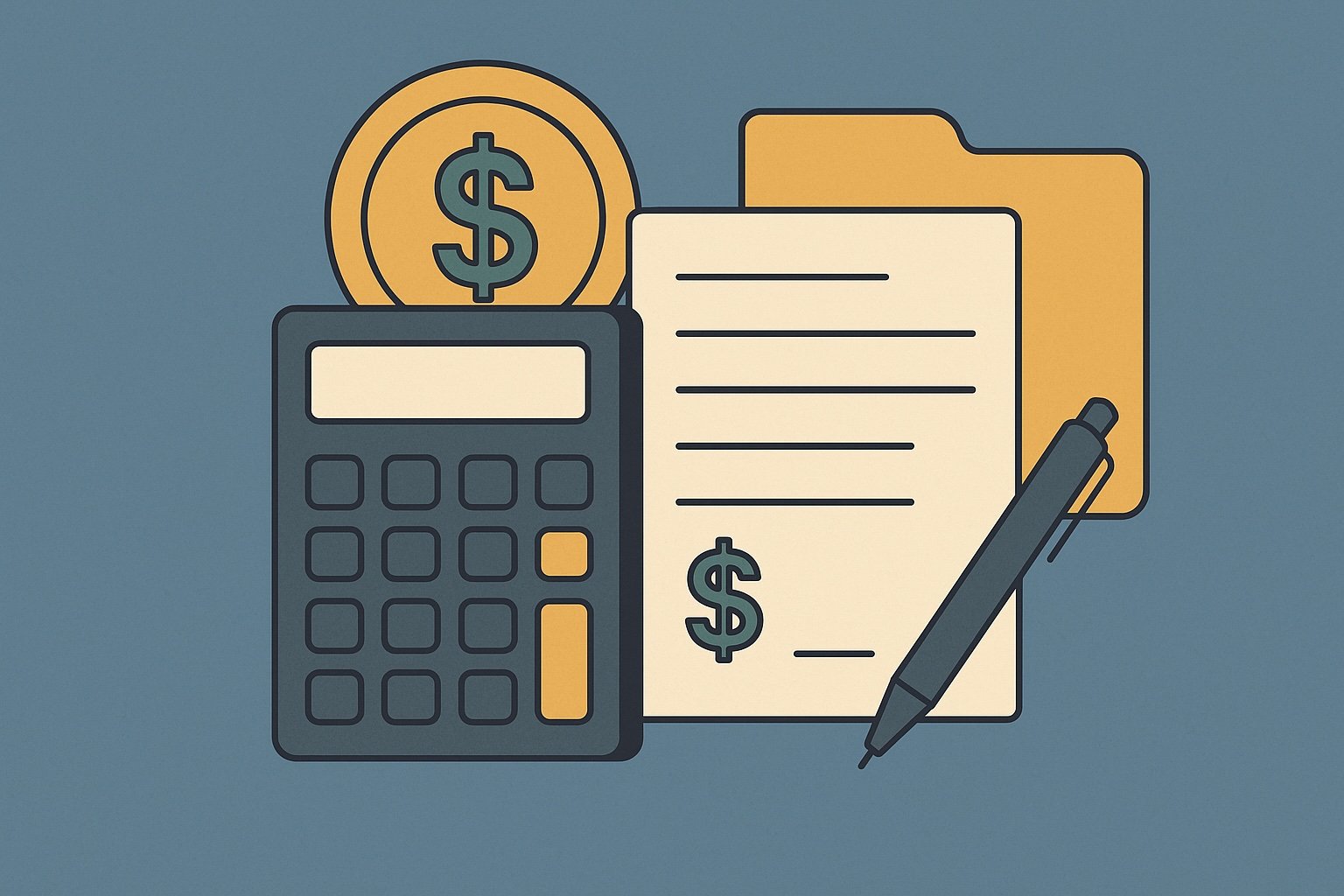Question
ARTE's Answer
Yes, you can sell two properties and buy one in a 1031 exchange, and this is often referred to as a "multiple property exchange." The key requirement is that the properties involved in the exchange must be like-kind, meaning they are held for investment or productive use in a trade or business. At Deferred.com, we offer qualified intermediary services to facilitate such exchanges, and our "No Fee Exchange" can help you save money in the process.
When you sell two properties and buy one, the process involves a few important steps and considerations. Here's how it typically works:
- Identify the Relinquished Properties: You start by identifying the two properties you wish to sell. These are known as the relinquished properties. Both properties must be held for investment or business purposes to qualify for a 1031 exchange.
- Engage a Qualified Intermediary: At Deferred.com, we act as your qualified intermediary (QI). This means we will facilitate the exchange by holding the proceeds from the sale of your relinquished properties and using them to acquire the replacement property on your behalf. This is crucial because you cannot have constructive receipt of the funds to maintain the tax-deferred status of the exchange.
- Sell the Relinquished Properties: You proceed to sell the two properties. The sales proceeds are transferred to us, Deferred.com, as your QI. We ensure that you do not have direct access to these funds, which is a requirement for a valid 1031 exchange.
- Identify the Replacement Property: Within 45 days of selling the first relinquished property, you must identify the replacement property you intend to purchase. This property must be of equal or greater value than the combined value of the relinquished properties to fully defer capital gains taxes.
- Purchase the Replacement Property: Within 180 days of selling the first relinquished property, you must complete the purchase of the replacement property. We, as your QI, will use the funds from the sale of your relinquished properties to acquire the replacement property on your behalf.
Example: Let's say you own two rental properties, Property A and Property B. Property A is valued at $300,000, and Property B is valued at $200,000. You decide to sell both properties and purchase a single replacement property, Property C, valued at $550,000.
- You sell Property A and Property B, and the combined sales proceeds of $500,000 are transferred to us at Deferred.com.
- You identify Property C as your replacement property within 45 days.
- We use the $500,000 proceeds to purchase Property C on your behalf within 180 days.
By structuring the transaction this way, you defer the capital gains taxes on the sale of Properties A and B, as long as all the exchange requirements are met. This allows you to reinvest the full amount into Property C, potentially increasing your investment's value and cash flow.
It's important to work closely with a tax advisor and a qualified intermediary like us at Deferred.com to ensure compliance with all 1031 exchange rules and regulations. This will help you maximize the benefits of the exchange and avoid any potential pitfalls.
Have more questions? Call us at 866-442-1031 or send an email to support@deferred.com to talk with an exchange officer at Deferred.
Sources
1031 Question? Ask ARTE
Deferred's AI 1031 Research Assistant is trained on 8,000+ pages of US tax law and outperforms human CPAs by 22%+
CHAT NOW
Learn More
See more frequently asked questions about 1031 exchanges








